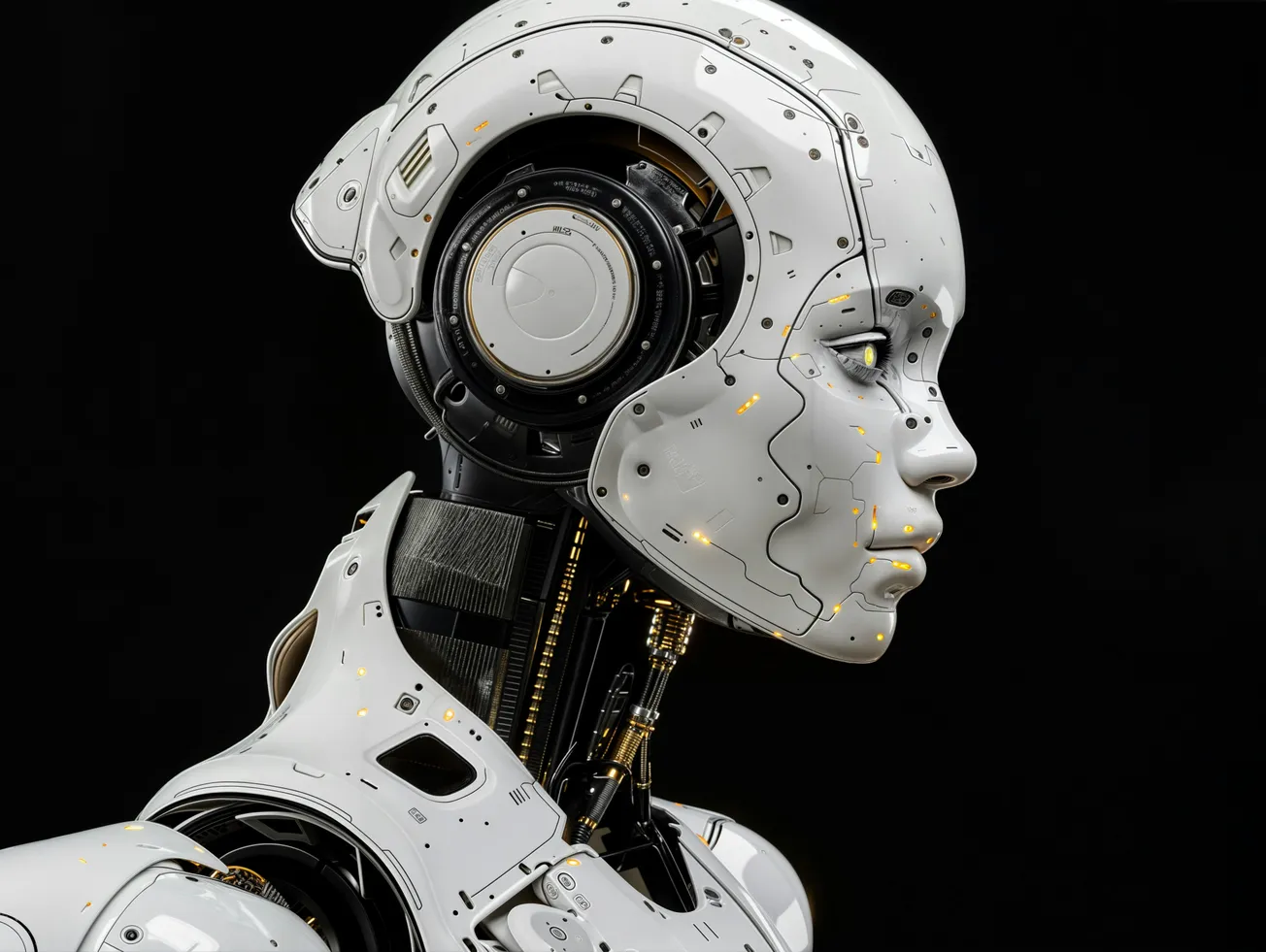Walmart Leads With “Super Agents” Strategy
Walmart is aggressively consolidating its AI initiatives into four powerful “super agents” tailored for shoppers, employees, suppliers and developers. The customer-facing “Sparky” assistant is live, offering personalized product recommendations, order management, recipe suggestions via computer vision and more.
Walmart also named Daniel Danker (formerly Instacart CPO) EVP of Global AI Acceleration, Product & Design, reflecting a serious commitment to scale these initiatives. Tech stack consolidation, strategic hires and new oversight roles signal Walmart’s intent to make AI a competitive advantage in omnichannel retail.
AI is already reshaping frontline roles, too. A June announcement highlighted a new suite of tools in the associate app that cuts shift planning time from 90 to 30 minutes and enables real-time translation and task assignment. This blends operational gains with career empowerment for hourly staff – an exemplar of omnichannel innovation deepening both service and labor productivity.
Amazon’s AI Reinvention: Opportunity and Disruption
In mid‑June, Amazon CEO Andy Jassy penned a widely shared letter to employees declaring generative AI as their most transformative force since the internet. He said Amazon already deploys over 1,000 GenAI services and agents, with plans to ramp efforts and invest roughly $100 billion more into AI-rich data centers.
Jassy also issued a blunt warning: AI will reduce Amazon’s corporate workforce as efficiency gains offset certain roles, but it will simultaneously create new, more strategic job categories.
Despite inevitable disruption, the letter doubled as a call to arms, urging employees to “be curious about AI,” engage in training and pivot into new ways of innovating with leaner, more agile teams focused on customer reinvention.
Target Optimizes Operations with AI
As early as 2024, Target was already reaping AI‑driven operational gains. Executives highlighted how generative AI improved warehouse efficiencies and inventory management, allowing workers to focus on higher‑value tasks.
Although details remain sparse, the retailer emphasized how AI is making store operations more productive and less manual, which is a vital step in modern omnichannel retailization.
Kroger Uses AI for Quality, Productivity, and Shrink Reduction
Kroger has deployed AI across areas like shrink detection, checkout optimization and real‑time supply chain adjustments. The June 2025 Q1 earnings call confirmed Kroger's increasing investment in AI to drive down waste, elevate productivity and support its grocery operations.
This focused use of AI rooted in analytics and loss prevention demonstrates how supermarkets are leveraging technology to thin margins and improve outcomes.
Broad Trends Across Retail
- Omnichannel personalization: From Walmart’s Sparky to Amazon’s chatbot assistants, AI is enabling tailored interactions across physical and digital touchpoints.
- Efficiency & labor evolution: Whether trimming redundant roles (Amazon) or reallocating time savings toward customer-facing tasks (Walmart, Target), AI is reshaping labor layers.
- Structural investment: Massive capital directed toward AI platforms (Amazon’s $100B, Walmart’s executive hires) signals that retail is entering a high‑stakes era of tech-driven competition.
Why It Matters for Omnichannel Strategy
- Seamless customer journeys: Personalization tools like Sparky and Alexa-equipped Amazon create intuitive shopping experiences across channels.
- Associate empowerment: Walmart’s AI tools free employees for higher-level engagement, reinforcing career pathways and service quality.
- Optimized supply chain: Kroger and Target show how AI reduces waste, improves inventory and ensures product availability.
- Tech talent integration: Walmart’s hiring of AI executives and Amazon’s creation of hundreds of internal AI‑related roles demonstrates that tech leadership is now foundational in retail.
Final Take
Major retailers are not just piloting AI but they are embedding it into core systems, leadership and operations. Walmart is unifying differing tools into user-facing super agents while Amazon advises adaptation amidst inevitable job shifts.
Meanwhile, Kroger and Target leverage AI for operational excellence. Collectively, this reflects a sharp pivot: AI is no longer an experiment but a strategic imperative across the retail ecosystem.
Further Reading
- Walmart Bets on AI “Super Agents” to Boost E-commerce Growth – Reuters
- Amazon CEO Andy Jassy on Generative AI – Amazon.com
- Target Leverages AI to Boost Operational Efficiency – CIO Dive
- Kroger Uses AI to Reduce Shrink and Boost Productivity – CIO Dive
- AI Tech Gets Personal – Doing Business in Bentonville









